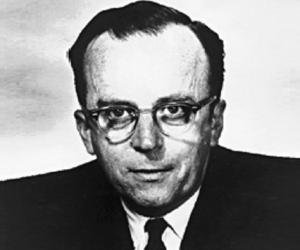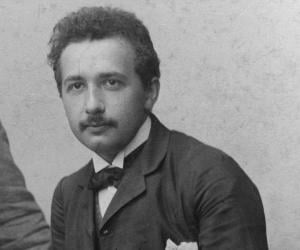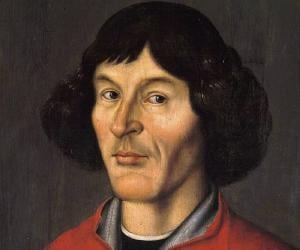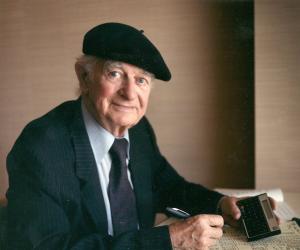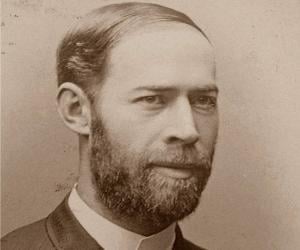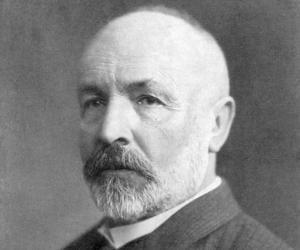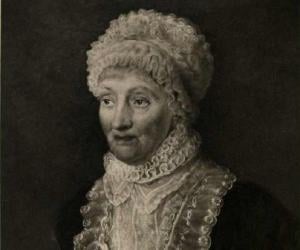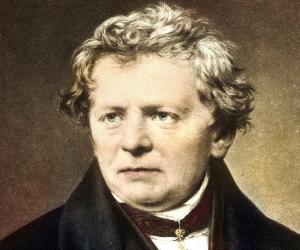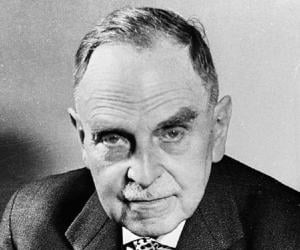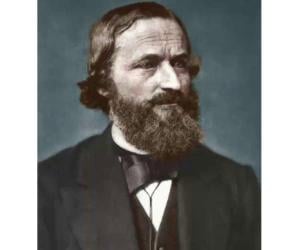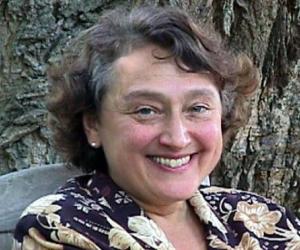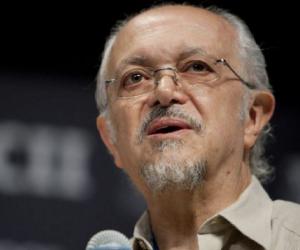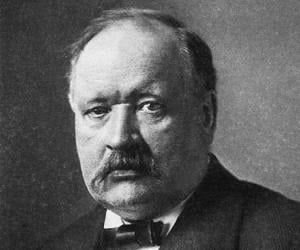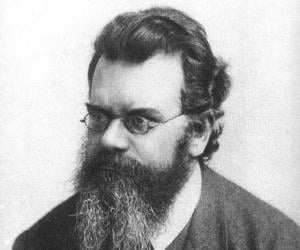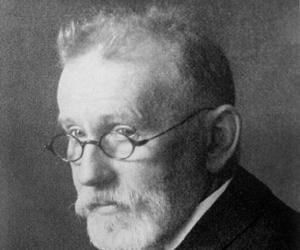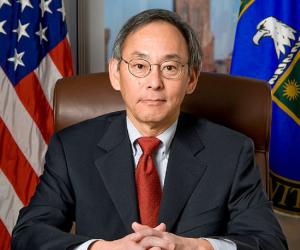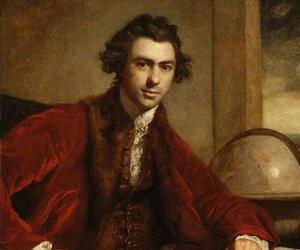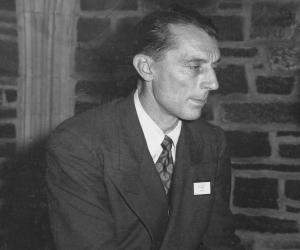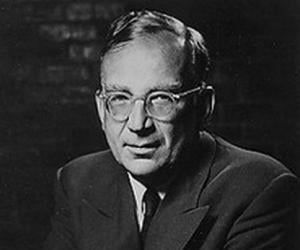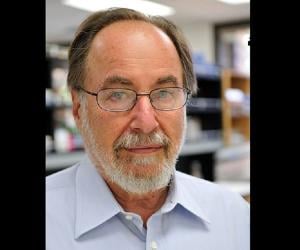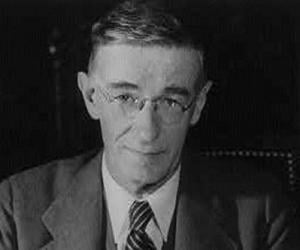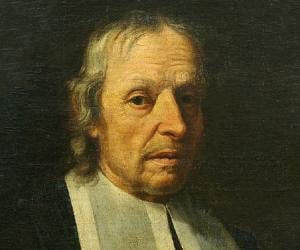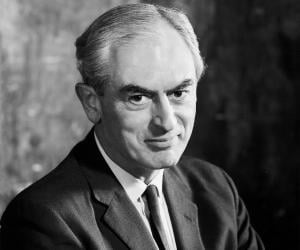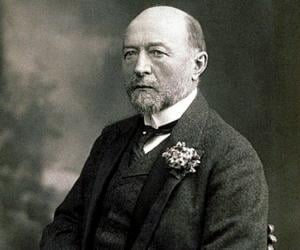Nicolaus Copernicus was a mathematician and astronomer. He is credited with formulating Heliocentrism, which led to the Copernican Revolution. Although Aristarchus of Samos had formulated Heliocentrism 18 centuries earlier, Copernicus was responsible for popularizing it. Copernicus is also credited with formulating an economic principle, which was later called Gresham's law.
Only person to win two unshared Nobel Prizes, Linus Carl Pauling was an American theoretical physical chemist, who received the 1954 Nobel Prize in Chemistry for his work on nature of chemical bond and 1962 Nobel Prize for Peace for his efforts to stop nuclear weapon testing. Also a prolific writer and educator, he has published 1,200 books and papers.
Heinrich Hertz was a German physicist best remembered for proving the existence of electromagnetic waves with conclusive evidence. For his contributions, Hertz has been honored around the world by a number of countries, including Japan, Russia, and Germany. In 1930, the International Electrotechnical Commission established hertz (Hz) as the SI unit for frequency.
Caroline Herschel was a German astronomer who is credited with the discovery of many comets, such as 35P/Herschel-Rigollet, which is named in her honor. In 1828, Herschel became the first woman to be honored with a Gold Medal of the Royal Astronomical Society. She was also the first female scientist to receive a salary.
Georg Ohm was a German mathematician and physicist. He is credited with discovering the proportionality between the voltage applied through a conductor and the subsequent electric current, which came to be known as Ohm's law. His work earned him the prestigious Copley Medal in 1841. A prolific writer, Georg Ohm published several papers and pamphlets throughout his career.
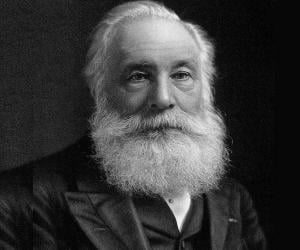
William Henry Perkin is best remembered for his chance discovery of the dye mauveine, made of aniline purple. He had apparently discovered the dye while attempting to synthesize quinine. The Royal Medal-winning British chemist also studied salicyl alcohol and flavoring agents and synthesized the first artificial perfume.
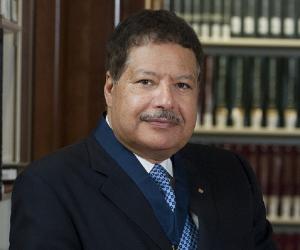
Gustav Kirchhoff was a German physicist who is credited with coining the term black-body radiation. He is best remembered for his contribution to the basic understanding of spectroscopy, electrical circuits, and the emanation of black-body radiation. In 1862, he received the prestigious Rumford Medal. The Bunsen-Kirchhoff Award is named after Gustav Kirchhoff and German chemist Robert Bunsen.
Lynn Margulis was an evolutionary theorist, biologist, educator, and science author. She was a modern proponent of the significance of symbiosis in evolution. Along with British chemist James Lovelock, Margulis was the co-developer of the Gaia hypothesis. She was a strong critic of neo-Darwinism. In 2001, she was honored with the Golden Plate Award of the American Academy of Achievement.
Mario J. Molina was a Mexican chemist who played a key role in understanding and explaining the threat from chlorofluorocarbon (CFC) gases to the Earth's ozone layer, which earned him the prestigious Nobel Prize in Chemistry in 1995. Molina was the third Mexican-born Nobel laureate and the first Mexican-born person to win a Nobel Prize in Chemistry.
Svante Arrhenius was a Swedish scientist who became the first Swedish person to win a Nobel Prize when he won the Nobel Prize for Chemistry in 1903. Although he was originally a physicist, Arrhenius is widely accepted as a chemist and is best remembered for co-founding physical chemistry. Stockholm University houses the Arrhenius Labs, which is named in his honor.
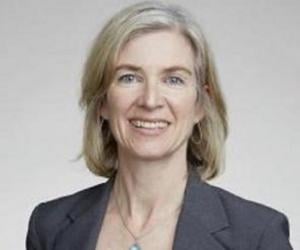
American biochemist Jennifer Doudna of the University of California, Berkeley, who has made fundamental contributions in biochemistry and genetics, is best-known for her pioneering work in CRISPR gene-editing. Doudna and Emmanuelle Charpentier received the 2020 Nobel Prize in Chemistry for developing a method for genome editing through CRISPR, marking them as the only two women to share science Nobel ever.
Austrian physicist and philosopher, Ludwig Boltzmann, played a key role in the development of statistical mechanics. As a young man, he was appointed a professor of mathematical physics at the University of Graz. He worked extensively with other physicists over the course of his brilliant academic career. He suffered from bipolar disorder and died by suicide in 1906.
German scientist Paul Ehrlich is remembered for his contribution to immunology, which also won him a Nobel Prize. Known as the pioneer of chemotherapy, he also discovered the first-known treatment of syphilis. Born into a business family, he was introduced to the method of studying cells by his pathologist uncle.
American physicist, politician and Nobel laureate Steven Chu, who served as United States Secretary of Energy, presently serves as Professor of Physics and Professor of Molecular and Cellular Physiology at Stanford University. His research on cooling and trapping of atoms with laser light led him to share the 1997 Nobel Prize in Physics with William Daniel Phillips and Claude Cohen-Tannoudji.
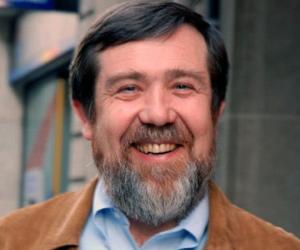
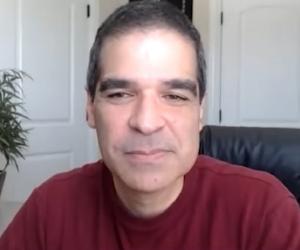
British naturalist Joseph Banks is remembered for accompanying Captain James Cook on his voyage across places such as Brazil and Tahiti. He had also been the president of the Royal Society for over 40 years. Both his herbarium and library now find a place at the British Museum.
Frédéric Joliot-Curie was a French physicist whose discovery of artificial radioactivity earned him the 1935 Nobel Prize in Chemistry, which was jointly awarded to Frédéric and his wife Irène Joliot-Curie. Along with his wife, Frédéric is credited with founding the Orsay Faculty of Sciences, a physics and mathematics school within Paris-Saclay University. He had also won the Stalin Peace Prize.
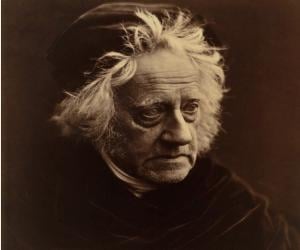
The son of renowned astronomer William Herschel, John Herschel was educated at Eton and Cambridge and grew up to be a polymath. Apart from contributing to the field of photography, he was known for cataloguing and naming stars and satellites. He briefly also served as the Master of the Royal Mint.

US extreme meteorologist and storm chaser Reed Timmer soared to fame with his Discovery Channel show Storm Chasers. He is also popular on Facebook and YouTube, where he posts videos of tornadoes, hurricanes, and cyclones. He has previously worked for AccuWeather and KFOR-TV.
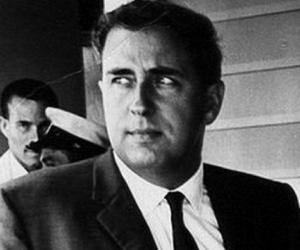
Gerald Vincent Bull was a Canadian artillery expert, known for designing Project Babylon supergun for the Government of Iraq. His idea was to do away with the conventional rockets by firing satellites into orbit from a 156m-long barrel embedded inside a hill. However, his assassination within two years of the start of the project put an end to it.
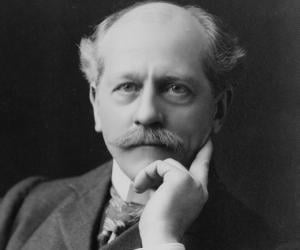
Born into the famous Brahmin Lowell family of Massachusetts, Percival Lowell studied at Harvard, where he excelled in math. He managed a cotton mill and also spent time in Asia as a diplomat. He is best remembered for initiating the discovery of Pluto and for studying the canals on Mars.
Born to school teacher parents, Ukrainian-American physicist George Gamow grew up to be a pioneer of the big-bang theory. His other contributions include the liquid-drop model of atomic nuclei and his research on DNA. Apart from various science textbooks, he also wrote the popular Mr. Tompkins series of physics books.
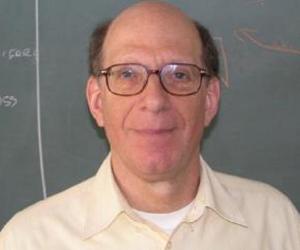
David Baltimore is an American university administrator and biologist. He is currently serving as President Emeritus at the California Institute of Technology (Caltech). He won the 1975 Nobel Prize for Physiology or Medicine for his discoveries concerning the interaction between the genetic material of the cell and tumor viruses. In 1999, he was honored with the National Medal of Science.
Apart from teaching and working as an electrical engineer, Vannevar Bush had also been the dean of the MIT School of Engineering. Working with the government, he initiated military funding of research projects, later known as the military-industrial complex. He also penned books such as Modern Arms and Free Men.
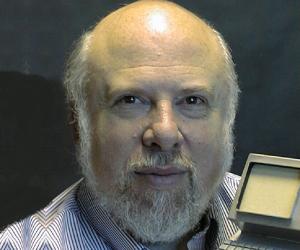
Marcello Malpighi was forced to take up grammatical studies by his father but later earned doctorates in philosophy and medicine. Malpighi revolutionized medical science by discovering things such as taste buds, red blood cells, and the pulmonary and capillary network connecting veins and arteries. Many physiological features bear his name.
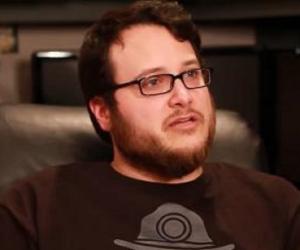
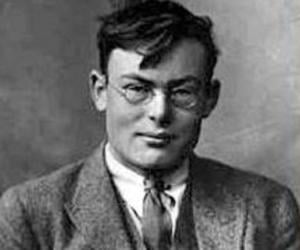
British philosopher and mathematician Frank P. Ramsey was the son of a famed mathematician and later laid down the Ramsey theory of mathematical logic. The Cambridge alumnus also translated Ludwig Wittgenstein’s Tractatus Logico-Philosophicus but died at age 26, probably due to a liver infection he contracted while swimming.
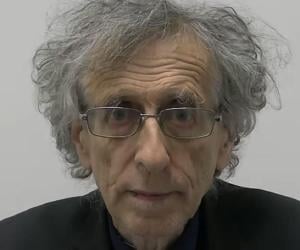
English weather forecaster Piers Corbyn, who owned the weather-monitoring business WeatherAction, became quite infamous for his conspiracy theories regarding COVID-19. The brother of former Labor leader Jeremy Corbyn, he is a prominent anti-vaxxer and was once fined for calling NHS workers in London “murderers.”
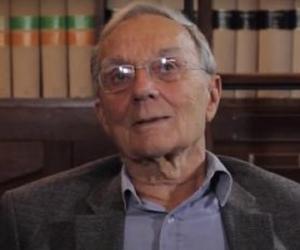
Pierre Joliot is a French biologist best known for his research work at the French National Centre for Scientific Research (CNRS). From 1985 to 1986, he served as the scientific advisor to the then prime minister of France.
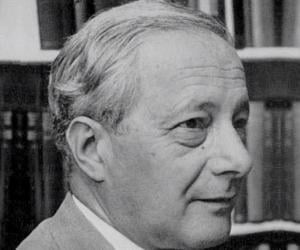
Hungarian-British polymath Michael Polanyi contributed to a wide range of subjects, such as chemistry, philosophy, and economics, and also had a medical diploma. He is best remembered for his research on the adsorption of gases but moved away from chemistry after fleeing to England ro escape the Nazi regime.
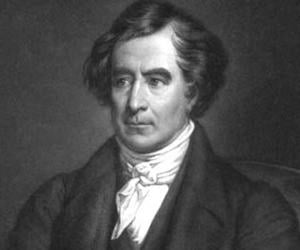
French physicist and mathematician François Arago discovered rotatory magnetism, named Arago's rotations. He is also remembered for his research on the wave theory of light and for the reforms he introduced as the French minister of war and the navy. The Eiffel Tower has his name inscribed on it.
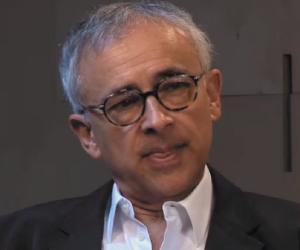
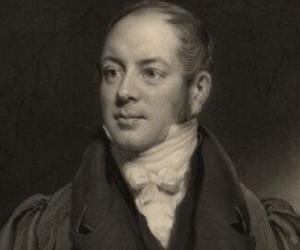
William Buckland was an English theologian, palaeontologist, and geologist. He is best remembered for his service as the Dean of Westminster. He is credited with writing the first full account of a dinosaur fossil, which he named Megalosaurus. William Buckland pioneered the usage of fossilized faeces to reconstruct ecosystems. Buckland was the recipient of the prestigious Copley Medal.
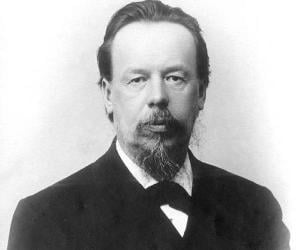
Alexander Stepanovich Popov was a Russian physicist best remembered for his pioneering work in transmitting radio signals. One of the first inventors to come up with a radio receiving device, Popov's work was contemporaneous with the groundbreaking work of Italian inventor Guglielmo Marconi. Popov's life and career inspired the 1949 biographical film Alexander Popov which was directed by Herbert Rappaport.
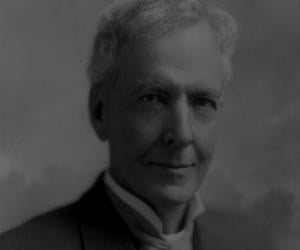
Luther Burbank was an American horticulturist and botanist. A pioneer in agricultural science, Luther Burbank developed over 800 varieties of plants and strains in an illustrious career that spanned 55 years. He is also credited with developing a spineless cactus that served as cattle feed. In 1986, Luther Burbank was made an inductee of the National Inventors Hall of Fame.
Peter Medawar was a Brazilian-British writer and biologist. His discovery of acquired immune tolerance and his works on graft rejection were foundational to the medical practice of organ and tissue transplants. Peter Medawar is often referred to as the father of transplantation for his scientific works. Peter Medawar is also remembered for his wit.
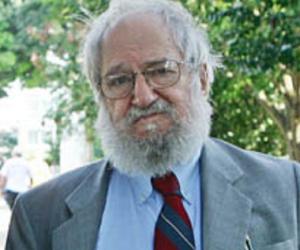
South African-born American mathematician and computer scientist Seymour Papert is best remembered for co-inventing the computer programming language Logo, which is also an educational tool. He was part of the faculty at MIT and was known for his pioneering research on children’s learning processes, the constructionist movement, and AI.
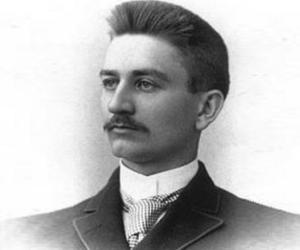
Herbert Henry Dow taught chemistry before venturing into a business career. Though his first company was a failure, his work impressed investors, and he was soon able to establish Dow Chemical, which supplied low-cost bromine to the US markets. He later made auto pistons out of spare magnesium.
Nobel Prize-winning German physiologist Emil Adolf von Behring is remembered as a pioneer of immunology for his research on serum therapy developed an antitoxin to cure diphtheria. One of the 13 children of his parents, he had studied medicine at a military academy due to lack of funds.
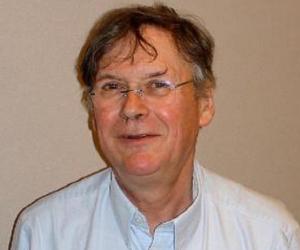
Nobel Prize-winning British biochemist Tim Hunt is best known for his research on cell cycle regulation. He was the first to isolate cyclin, while studying sea urchins. His work helped scientists working on cancer research. He has been knighted for his achievements and has also won the Royal Medal.
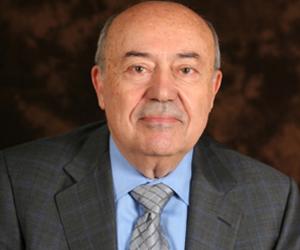
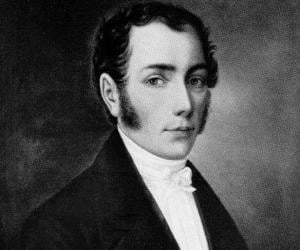
Joseph von Fraunhofer was a Bavarian optical lens manufacturer and physicist. He is credited with developing diffraction grating and inventing the spectroscope. He is also credited with discovering the Fraunhofer lines, the dark absorption lines produced in the spectrum of the sun. The Fraunhofer Society, Europe's biggest Society for the Advancement of Applied Research, is named in his honor.
